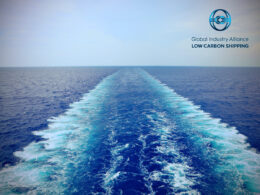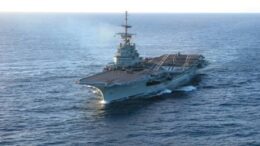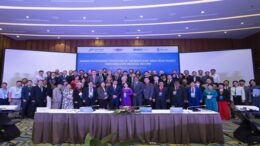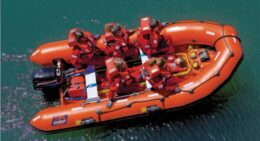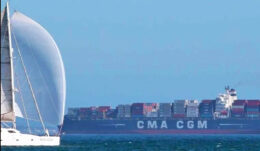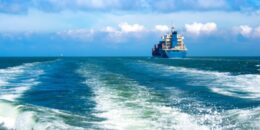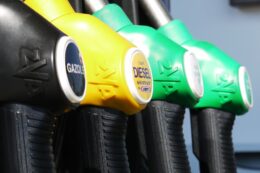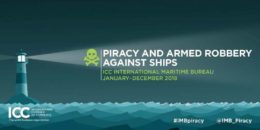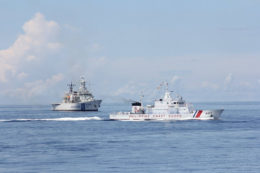Alternative Fuel Use – Regulatory Status Mapped
Ammonia, hydrogen, ethane and Dimethyl Ether (DME) are among the alternative marine fuels which may need future regulatory work. This assessment is the result of a regulatory mapping exercise conducted by the Alternative low- and zero-carbon fuels workstream of the GreenVoyage2050 Global Industry Alliance to Support Low Carbon Shipping (Low Carbon GIA), with inputs and contributions from the International Chamber…
